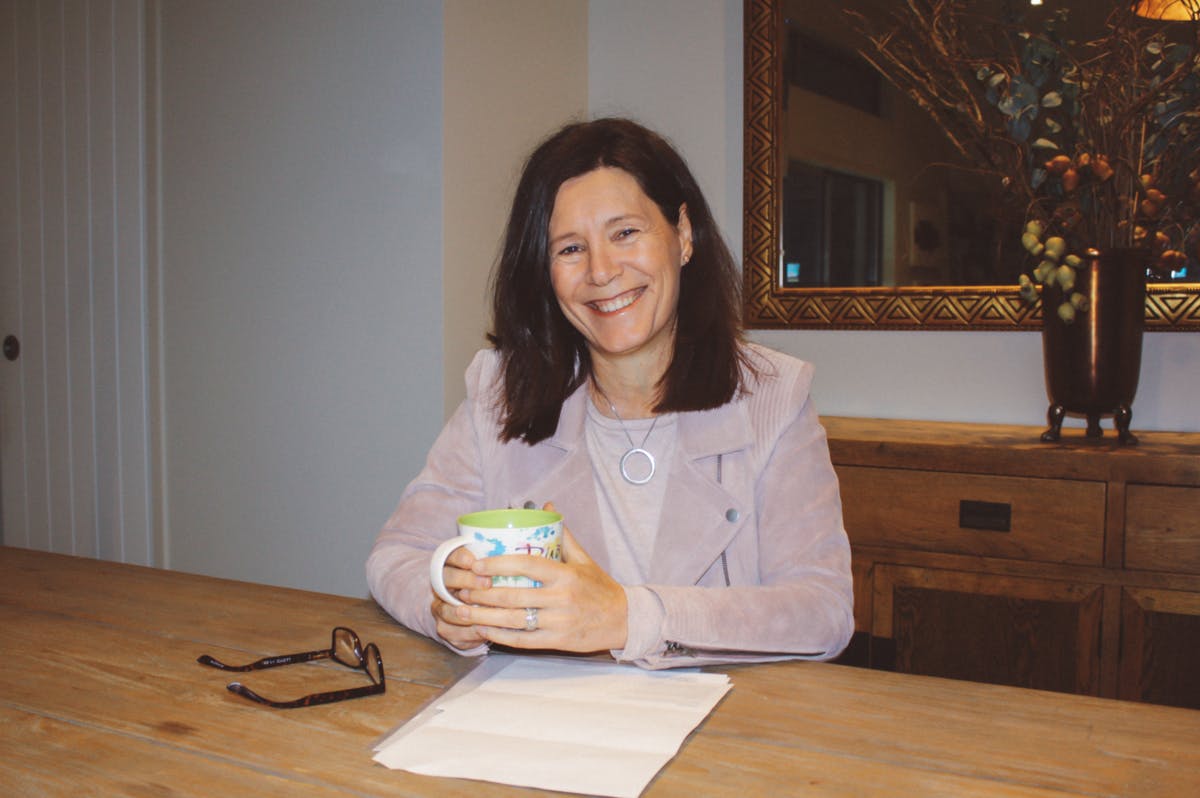
There are several reasons for this.
Firstly, there is some confusion about what ‘caring’ really means. Is it about parents bringing up children, or workers caring for elderly, disabled or sick relatives? What about workers caring for pets? How about older workers (many of whom have chronic health conditions) caring for themselves? Actually, it’s all of the above. Caring in its broadest sense pertains to anybody who has a requirement to juggle paid work responsibilities with unpaid caring duties. Viewed through this lens, it becomes apparent that everybody, at some stage in their career, will be impacted by caring.
Whichever definition fits, for most employees caring seems to sit firmly in the ‘life bucket’ of the all-important work/life balance – the details of which are often considered to be too personal to share. This means that the prevalence and scope of employees with caring responsibilities remains largely under- or unreported and it is therefore not recognised as a significant issue for employers.
Diversitas has conducted employee surveys across many of New Zealand’s major public and private sector organisations over the last five years. Thousands of anonymous survey responses suggest that around 40% – 50% of the workforce have caring responsibilities, many of whom are men (c. 40%). We estimate this to be conservative, given the confusion over the definition and reluctance to disclose. Our figures are markedly higher than the Census metric which found that 1 in 8 New Zealanders have caring commitments.
Secondly, our research suggests that many employees who have disclosed their caring responsibilities feel this negatively impacted their job prospects. They report attitudes from business leaders implying that their caring responsibilities are an unwelcome distraction, take their minds off the job, and result in excess time off. Around 10% of carers canvassed across our client base believe they have been discriminated against because of their caring responsibilities. This is believed to take the form of not being selected for training opportunities, missing important meetings, and being passed over for promotion – the legacy of a culture of ‘presenteeism’ which is still alive and well in many organisations. A further 10% of carers don’t believe that their organisations offer them the right support to manage their caring responsibilities and that more needs to be done.
Qualitative feedback (from interviews) also suggests that while employers are generally supportive of flexible work arrangements for women who have caring responsibilities, the same cannot be said of their male colleagues. Men generally have a harder time justifying their need to have time off and also bear the brunt of discrimination when it comes to career progression.
Thirdly, there is a misconception that the introduction of flexible work practices across the organisation goes far enough to support carers and that nothing further is needed – a view not shared by many, who struggle to find information and have to conduct their own research when it comes to accessing community and support services. For these workers, providing better access to resources and information will mean less time off work – a win/win for everyone.
As we move into the ‘future of work’ in New Zealand, with flexible working in all its forms becoming more mainstream, this is lifting the lid on the issue of caring and going some way in supporting this once completely overlooked workforce.
Once considered the domain of women, many organisations are starting to view caring as an intergenerational and gender-neutral issue and are rethinking the type of support they offer to their employees in this regard.
With organisations increasingly looking at ways to retain key talent, there is a growing appetite in corporate New Zealand to think more broadly about the type of support needed to retain caring employees. This is prompting organisations to form more strategic alliances with community and support organisations like Carers NZ to access the right services, information and resources to share with employees. Workers are time poor, so providing ready access to useful information that can be easily found, without the need to take unnecessary time off or leave the office, makes sense. Setting up employee networks, where workers can find a ‘landing space’ and listening ear to discuss their challenges and find the moral support they need, is also an important step forward.
Greater transparency regarding the prevalence of caring is needed across organisations in New Zealand, to prompt business leaders to recognise the pressure that caring in all its forms creates across their workforce. This includes adding ‘caring questions’ to engagement or culture surveys, which will go a long way towards understanding the scale of the issue and the needs of this segment of any organisation’s workforce. This will in turn drive different thinking about special leave arrangements, access to information and support services, and other flexible forms of working that can be introduced to accommodate the needs of these workers.
These simple steps will help to recognise and support the needs of carers across the New Zealand workforce, yielding sustainable solutions that benefit not only workers and their employers, but the New Zealand economy as well.
Contact Carol to request a free initial consultation about building a carer friendly workplace.